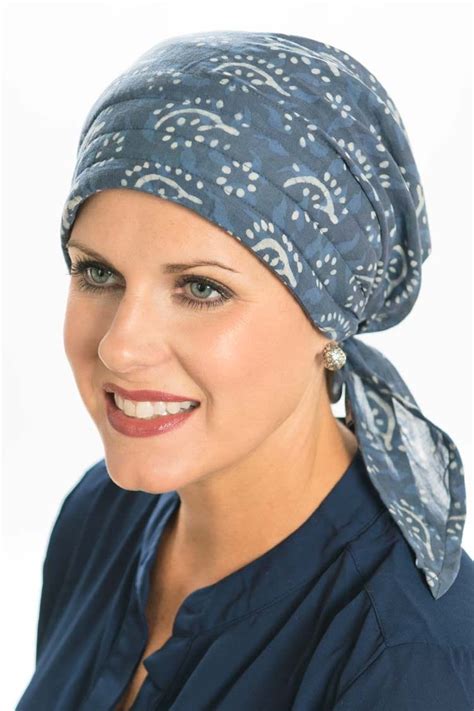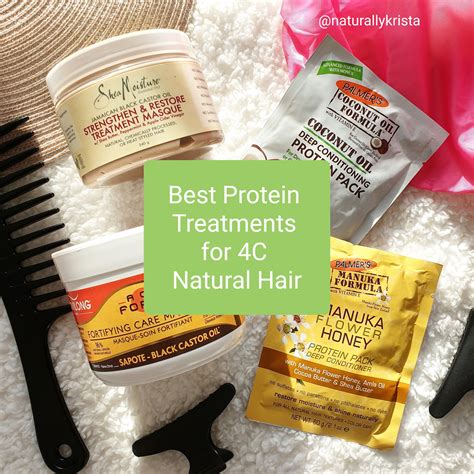Introduction
Hair, composed primarily of the protein keratin, is susceptible to damage from environmental stressors, chemical treatments, and heat styling. Protein treatments offer a rejuvenating solution by replenishing lost proteins, improving hair strength, elasticity, and overall appearance. This comprehensive guide delves into the benefits, methods, and precautions associated with natural protein hair treatments.

Why Protein Matters for Hair
Keratin, the structural protein of hair, plays a crucial role in its strength, flexibility, and moisture retention. When keratin is damaged, hair becomes weak, brittle, and prone to breakage. Protein treatments help restore the hair’s natural protein composition, reinforcing its structure and rejuvenating its appearance.
Benefits of Natural Protein Treatments for Hair
- Increased strength and reduced breakage
- Improved elasticity and reduced tangling
- Enhanced shine and luster
- Deep conditioning and moisture retention
- Protection against environmental damage and thermal styling
- Reduced hair loss and thinning
Methods of Natural Protein Treatment
Natural protein treatments for hair can be applied in various ways, each offering unique benefits.
1. DIY Protein Masks
Homemade protein masks using natural ingredients like eggs, yogurt, or avocado nourish hair with essential proteins and nutrients. These masks can be customized to suit specific hair types and needs.
2. Keratin-Based Products
Commercially available keratin-based products offer a more concentrated form of protein treatment. These products help repair damaged hair, smooth frizz, and enhance shine.
3. Protein Hair Sprays
Protein hair sprays can be used as a quick and convenient way to detangle, add volume, and protect hair from heat damage.
4. Protein-Rich Shampoos and Conditioners
Incorporating protein-rich shampoos and conditioners into your hair care routine provides continuous nourishment and strengthens hair from the inside out.
Types of Natural Proteins for Hair Treatment
Various natural proteins offer beneficial properties for hair treatment:
1. Keratin
The primary structural protein of hair, keratin binds to damaged areas, repairing and strengthening hair.
2. Collagen
Collagen, a fibrous protein, adds elasticity and reduces breakage while promoting moisture retention.
3. Elastin
Elastin, a flexible protein, enhances hair’s ability to stretch and recoil without breaking.
4. Silk Protein
Silk protein, derived from silkworms, contains 18 essential amino acids that nourish and smooth hair.
5. Vegetable Proteins
Plant-based proteins, such as those found in quinoa, wheat, and soy, provide nourishment and protect hair from environmental damage.
Common Mistakes to Avoid
Avoid these common mistakes when using natural protein treatments for hair:
1. Over-Proteinizing
Excessive protein treatment can lead to hair becoming stiff, brittle, and prone to breakage. Limit protein treatments to 1-2 times per week.
2. Insufficient Protein
Protein treatments should not be diluted or applied too sparingly. Ensure adequate protein penetration by applying enough product to cover the entire hair shaft.
3. Not Rinsing Thoroughly
Failure to rinse protein treatments thoroughly can leave a residue that weighs down hair and causes stickiness.
4. Using Incompatible Products
Avoid mixing different types of protein products, as they may react with each other and reduce effectiveness.
5. Heat Damage
Avoid using heat tools immediately after protein treatment, as heat can damage newly restored proteins.
FAQs
-
How often should I apply a protein treatment?
Recommended frequency: 1-2 times per week. -
What is the best natural protein source for hair treatment?
Keratin, collagen, elastin, silk protein, and vegetable proteins are all effective options. -
Can protein treatments cause hair loss?
Over-proteinizing can contribute to hair loss. Use treatments in moderation and avoid applying directly to the scalp. -
Are DIY protein masks effective?
DIY protein masks can provide beneficial nourishment when made with high-quality ingredients and used correctly. -
Should I use protein treatments on bleached hair?
Protein treatments can help strengthen and repair bleached hair but should be applied less frequently to avoid over-proteinizing. -
Can protein treatments straighten hair?
Protein treatments can improve the appearance of wavy or curly hair by reducing frizz and adding weight to the hair shaft.
Conclusion
Natural protein treatments offer a restorative and rejuvenating solution for damaged, weak, or lackluster hair. By replenishing essential proteins, these treatments strengthen, nourish, and enhance the overall appearance of hair. DIY protein masks, keratin-based products, protein hair sprays, and protein-rich shampoos and conditioners provide various options to suit individual needs. Understanding the different types of natural proteins, avoiding common mistakes, and following best practices will maximize the benefits of natural protein hair treatments, transforming dull tresses into healthy, radiant, and captivating locks.
